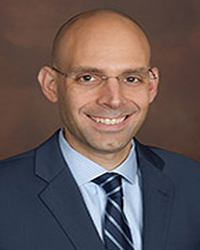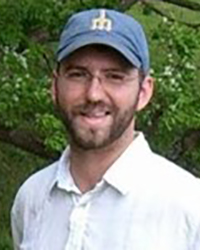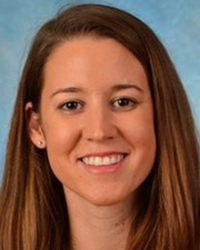$100K in grant funds to support mental health innovations from UW-Madison researchers
CONTACT:
Jeanan Yasiri Moe
Director of Strategic Communications
[email protected] | (608) 960-9892
MADISON, Wis. – The Wisconsin Alumni Research Foundation has announced that four projects have been selected to receive development funding through the WARF Accelerator Mental Health Challenge Grant. From helping screen for eating disorders to tackling depression, these technologies have high potential impact.
Researchers from multiple schools and colleges applied for funding. The selected projects are led by the following PIs:
 |
 |
 |
 |
| Andy Garbacz | Seth McGee | Katherine Schaumberg | Earlise Ward |
- Andy Garbacz with Stephen Kilgus and Katie Eklund (Educational Psychology) for an online version of the Resilience Education Program that identifies and provides mental health support for youth at risk for internalizing problems
- Seth McGee (Biology Core Curriculum) for a classroom curriculum that helps students understand how different environments and activities affect mental health by monitoring brain wave activity
- Katherine Schaumberg (Psychiatry) for an individualized body weight prediction tool for eating disorder screening and treatment
- Earlise Ward (Family Medicine & Community Health) for digitizing Oh Happy Day Class intervention modules, designed for African-American adults experiencing clinical depression
“We’re thrilled to support a new generation of technologies to measure and improve our emotional, psychological and social well-being,” said Erik Iverson, CEO of WARF. “Mental health plays an important role in our quality of life, and we’re excited to join UW-Madison researchers in taking on this great challenge.”
Projects not selected for funding through the Accelerator Challenge Grants may still be connected to other supportive resources within WARF.
About WARF
The Wisconsin Alumni Research Foundation (WARF) helps steward the cycle of research, discovery, commercialization and investment for the University of Wisconsin–Madison and provides annual support to the university to advance research and innovation. Founded in 1925 as an independent, nonprofit foundation, WARF manages more than 2,000 patents and an investment portfolio as it funds university research, obtains patents for campus discoveries and licenses inventions to industry. For more information, visit warf.org and view WARF’s Cycle of Innovation.
###
